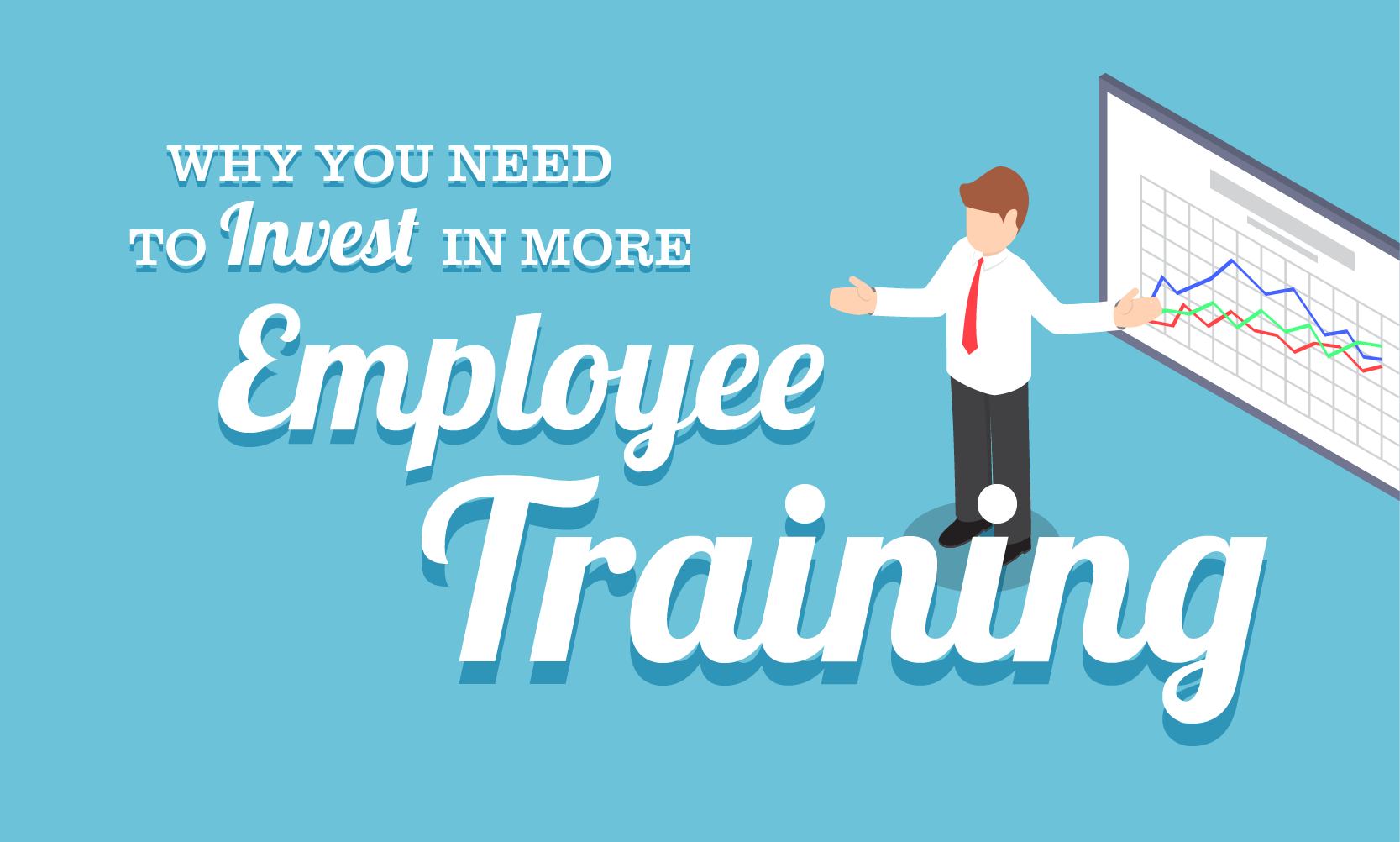Becoming a freelancer brings many advantages like the flexibility to choose your projects and working hours. However, it also introduces some challenges, especially when tax season rolls around. Unlike traditional employees who have taxes withheld from their paychecks, freelancers are solely responsible for calculating and remitting their taxes. If you’re a freelancer, this blog will guide you through the critical steps of tax preparation, ensuring that you meet your responsibilities without paying more than you owe.
 Understanding Your Tax Responsibilities
Understanding Your Tax Responsibilities
As a freelancer, it’s essential to know your tax liabilities and reporting obligations. It might be a bit complex, but understanding these basics will save you from potential legal troubles in the future.
Pay Estimated Taxes
Freelancers are generally required to pay estimated taxes every quarter to the IRS. It’s critical to determine how much you owe each quarter to avoid any penalties.
Organize Your Financial Records
Keeping your financial records organized is crucial in ensuring the tax preparation process is smooth and accurate. You don’t want to be scrambling for paperwork when tax time comes around.
Document Your Expenses
Freelancers are eligible to deduct legitimate business expenses. Keep a record of all receipts and invoices that may count as business expenses.
Consider Professional Help
While many freelancers try to handle their taxes independently, it’s often beneficial to outsource tax preparation services. Tax laws can be intricate, and penalties for mistakes can be costly.
Pros of Outsource Tax Services
Outsourcing tax preparation can save time and ensure you’re utilizing every possible deduction. Professionals are aware of the intricacies and changing dynamics of the tax world, which can be quite tricky for an individual to stay updated with. Moreover, it allows you to focus solely on your work without being clouded with the worry of returns, forms, and filings.
Cons of Outsource Tax Services
While there are many benefits to outsourcing, costs can be an issue. Make sure the benefits outweigh the costs before deciding. It’s important to consider the overall value the service is offering rather than just the upfront cost. Look for transparent pricing, and be wary of any hidden charges.
Keep Up with Changes
Tax codes and regulations constantly change. It’s important to stay up-to-date to ensure you’re complying with the latest laws and taking advantage of any new deductions or credits. Being well-informed helps you avoid penalties and allows you to take advantage of newly introduced deductions or credits.
Stay Informed
Subscribe to tax law updates or follow blogs that specifically cater to tax regulations. Keeping yourself educated about the ever-changing landscape of taxes helps you adapt to changes faster and avoid fines or penalties. Online resources such as tax blogs, news websites, and newsletters are excellent sources of inquiry that are usually free of cost.
Consult a Professional
A tax professional can provide valuable advice and information you might not be aware of. Their expertise in the field allows them to provide guidance on deductions you might miss or potential red flags that could trigger an audit. They can not only streamline your tax prep process but can also serve as a valuable resource in financial planning, helping you make smarter decisions for your business’s future.
Before concluding, it’s worth noting the importance of considering finance and accounting services. As you grow as a freelancer, managing all aspects of your business can become overwhelming, and seeking professional assistance can allow you to focus on what you do best.
Understand the Benefits
Finance and accounting services can help you handle payments, invoices, and financial planning, among other things.
Determine the Right Time
Just think when could be the right time to consider these services? As you assume more clients or projects, it could become increasingly beneficial.
Shop Around
Don’t settle for the first service you find. Look around for the solutions that best fit your unique needs.
Conclusion
Tax preparation can be a daunting task for freelancers, but it doesn’t have to be. With an understanding of your tax responsibilities, accurate financial records, professional help when needed, and staying informed about changes, you can take control of your tax situation with confidence. Remember, the goal isn’t just to stay out of trouble with the IRS, but to minimize your tax liability so you can keep more of your hard-earned money in your pocket.
As your freelance business grows, remember to consider professional finance and accounting services to help manage your financial complexities. It will free up more of your time to do what you love most – your work!

Hayden Richards is Contributor of IntelligentHQ. He specialises in finance, trading, investment, and technology, with expertise in both buy-side, sell-side. Contributing and advising various global corporations, Hayden is a thought leader, researching on global regulatory subjects, digital, social media strategies and new trends for Businesses, Capital Markets and Financial Services.
Aside from the articles, interviews and content he writes for IntelligentHQ, Hayden is also a content curator for capital markets, analytic platforms and business industry emerging trends. An avid new media explorer Hayden is driven by a passion for business development, innovation, social business, Tech Trading, payments and eCommerce. A native Trinidadian, Hayden is also a veteran, having served with the Royal Air Force Reserves for the past 10 years.
Follow Hayden on Twitter @HaydenARichards, linkedin.com/haydenhrichards and http://www.scoop.it/u/hayden-richards























 Understanding Your Tax Responsibilities
Understanding Your Tax Responsibilities






